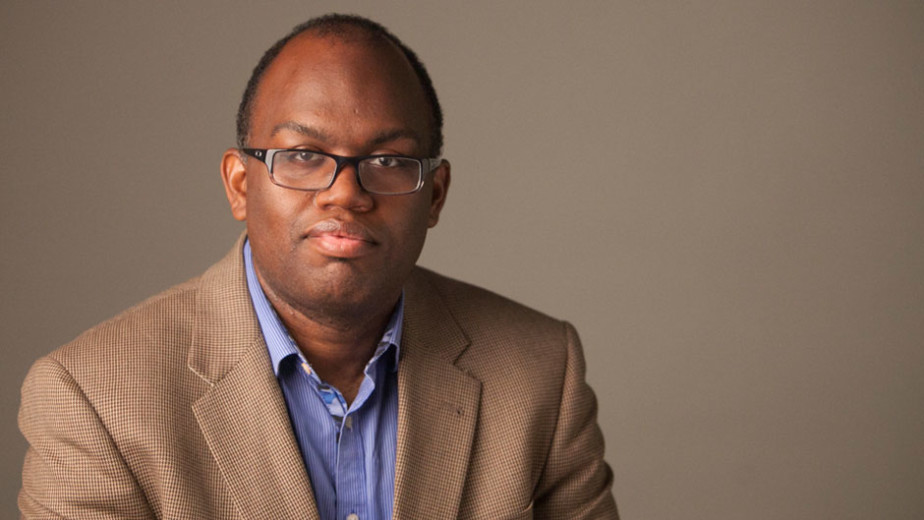The world first met Dominican-born scholar Dan-el Padilla Peralta in 2006, when the Princeton University salutatorian’s undocumented status was revealed on the pages of the Wall Street Journal. Since then, he has become a rising star in the Classics field, earning his doctorate at Stanford and an additional degree at Oxford. Slated to join his alma mater’s faculty in 2016, he is currently a Mellon Research Fellow and Lecturer in Classics at Columbia University where his work focuses on the exploration of antiquity and the legacy of Greek and Roman ideals on the modern world. This past summer, Dr. Padilla Peralta released his first book, Undocumented: A Dominican Boy’s Odyssey from a Homeless Shelter to the Ivy League, a memoir which chronicles his journey from the streets of East Harlem to the privileged halls of Princeton. The 30-year old newlywed talked to ‘LLERO about why he believes Dominican race relations have Greek roots and the challenges that face young Black and Latino men in college and society.
‘LL: What was it about academia, and the Classics in particular, that drew you in?
Padilla Peralta: There are two overlapping motivations. The first is that antiquity is so capacious. I was drawn to a field that would enable me to be as multidisciplinary as possible. Within the Classics, you can do language study. A lot of the international scholarship that is being undertaken is written in French or German or Spanish or Italian. And I loved languages.
The second is due to the typical reaction I get, especially from Latino and African American friends has been ‘Well, why you would be a member of this field that has this pedigree of white superiority?’ And my answer is that in order to understand the full expanse of that and its implications, we have to study it. And I wanted to study it.
‘LL: What are some of the most common misconceptions or myths that you find that people have about antiquity and this ancient world?
Padilla Peralta: Maybe the biggest one is the idea that the Greeks and Romans occupy this space that is in the distant past. I’m using my work to show that the Greeks and Romans pervade so much of contemporary American and Latin American context that it’s very difficult to move within and through these spaces and not acknowledge the continuing impact of they had.
Years ago I learned that Santo Domingo was referred to as “The Athens of the New World” and I wondered why. In researching this I became aware of not only the colonial legacy behind that term but also how the positioning of the Dominican Republic as a state that had a claim to classical heritage was constructed to exclude Haitians from it. So we have writers from the Trujillato and after who are very explicit about this. So this has a far reaching impact on how contemporary Dominican political discourse has played out as well. We keep seeing these same ideas in discussions about how to treat Haitians and descendants of Haitians in the Dominican Republic today.

